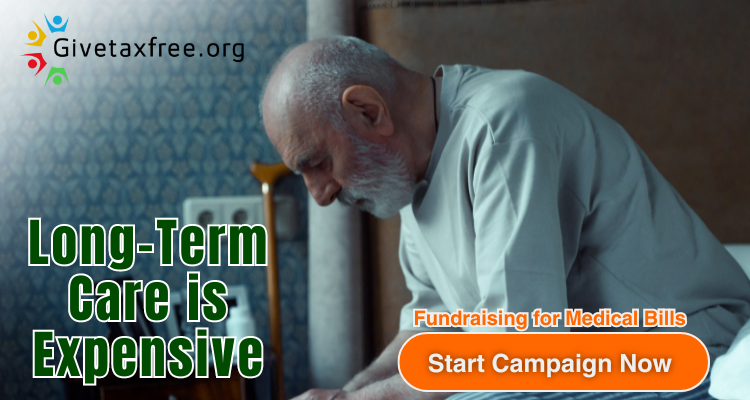Dr. Pennell and Dr. Schapira discuss the risks and benefits of online communities and provide recommendations for improving communication between clinicians and patients about the use of online resources.
Hello, and welcome back to the ASCO Journal of Oncology Practice podcast. This is Dr. Nate Pennell, Medical Oncologist at the Cleveland Clinic and Consultant Editor for the JOP. So it won’t be news to any of the listeners of this podcast that living with cancer and dealing with the sequelae of cancer treatment is a terribly stressful proposition and that cancer patients and their caregivers benefit from support services and survivorship programs. Most of us, however, think of providing these support services for cancer patients in terms of in-person interventions, but increasingly, people are looking online for these kinds of support. I suppose that’s probably true for many other aspects of our lives as well. Online communities have been forming in an effort to improve access to support for cancer survivors. But how much do we really know about these communities, and what evidence is there that they are genuinely helpful? Joining me today to talk about this fascinating topic is Dr. Lidia Schapira, Associate Professor of Medicine at the Stanford University Medical Center and Director of Cancer Survivorship at the Stanford Comprehensive Cancer Institute. Dr. Schapira is also the Editor in Chief of ASCO’s patient information website, cancer.net, and is a fellow of ASCO. Today we’ll be discussing her paper titled Online Communities as Sources of Peer Support for People Living With Cancer– A Commentary. Lidia, thanks so much for joining me today. Thank you so much for the invitation. So first, this is obviously too big a topic for this podcast, but explain a little bit about why cancer support services in survivorship is important for cancer survivors. And I guess more importantly, where is there an unmet need, that people might need to seek that somewhere else, such as online? Sure. So we think of support as something that is delivered in person. And certainly in traditional medical settings, we offer support, I hope, through empathic communication, through referrals to social services, through programs. We are very much aware that going through cancer alone is much harder and that support is both important just strategically to get through it but also emotionally. I think that increasingly we also realize that people are seeking support in other ways that are not traditional and have been less well studied, and that’s where the online services and supports really are playing a very important, an increasingly important, role for many patients and caregivers as well. This is coming up actually a lot among patients of mine, especially younger patients. So can you just tell us a little bit, when we talk about an online community, what exactly is that? So there are two words and each one is really important here. Community means, really, a group, so it’s not just a one time exchange, but belonging to something, a sense of belonging to a group. And the group shares a common interest. In this case it’s something related to cancer. And online refers to where this group, or this community, meets. It could be through instant messaging. It could be through other new media or platforms. It could be through email. It could be through a website. And that is going to change as technologies change. What we’re basically saying as a way of meeting people not in person but meeting over time and through a shared expressed common interest. And there’s lots of different examples of kinds of online communities that you described in your paper. Can you tell us a little bit about them? I know that there’s some that are a little bit more formal and structured and others that are really kind of left up to the patients to moderate themselves. Exactly. And to somebody who is not a digital native, like myself, this has been a real interesting process of discovery. We tend to think, perhaps incorrectly, that online means improvised, and it’s anything but improvised. A good online community that is mature, that keeps the interest of its members over time, requires some management, requires some decision, requires some effort on the part of the people who are starting the community. And so we learned that there are different types. There are different media. Some have actually some formal facilitation with social workers and really function similarly to the way an in-person support group functions. And some are much more informal, people sort of coming together. So there are some online communities that are sort of offered through large advocacy organizations like the American Cancer Society or CancerCare. And there are others that are not, and those typically occur in spaces like Twitter or Facebook. And now there are even some privately sponsored online communities such as Smart Patients. And we reference Smart Patients because…













![Chakwera hails Mpinganjira for the construction of a cancer centre in Malawi [Video]](https://cancerrecoverygiving.com/wp-content/uploads/2024/03/mp_218423_0_img20240305wa02577389475074499262821jpg.jpg)
![From Legislation to Innovation: Joe Allen and the Birth of the Bayh-Dole Act [Video]](https://cancerrecoverygiving.com/wp-content/uploads/2024/07/mp_352408_0_0jpg.jpg)
![Public Policy Jump to section... [Video]](https://cancerrecoverygiving.com/wp-content/uploads/2024/06/mp_349210_0_studyspyelephantpng.png)
![USPS, Inspection Service Continue Nationwide Effort to Crack Down on Postal Crime and Crimes Against Postal Employees [Video]](https://cancerrecoverygiving.com/wp-content/uploads/2023/10/mp_67480_0_uspsjpg.jpg)

